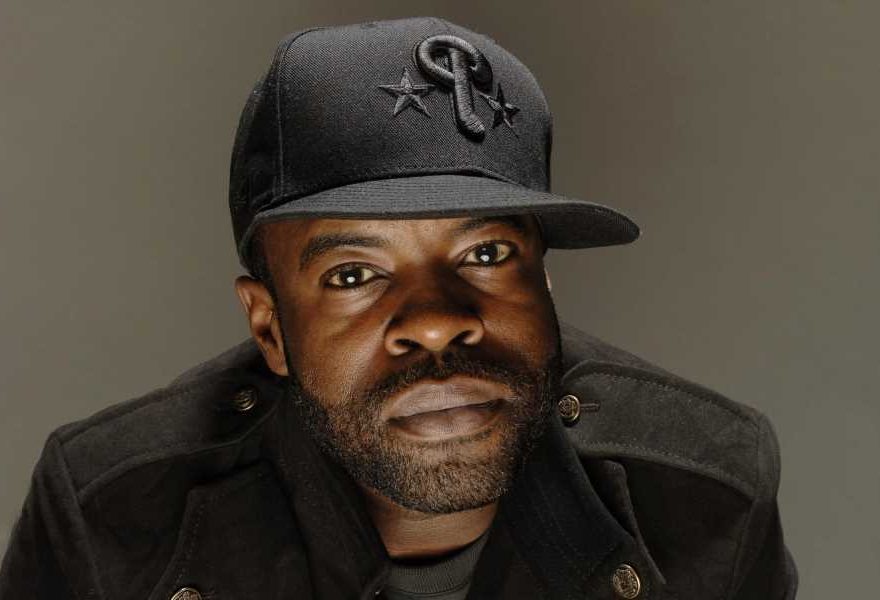When Rolling Stone asked Black Thought, the ferocious, nimble rapper who has fronted the Roots for three decades, for his list of Roots songs that defined his life, he — subconsciously or otherwise — initially submitted tracks by other artists. Picking his own highlights from 11 albums, numerous guest appearances, and one of the most lauded freestyles of the decade turned out to be much harder.
“It was a lot easier for me to think of the 20 songs that soundtracked my life,” he says. “With my own songs, I couldn’t even wrap my head around it.”
Over the course of two hours, though, the loquacious musician born Tariq Trotter dug back nearly 30 years to detail the behind-the-scenes stories behind both the group’s most indelible songs and the deep cuts beloved by hardcore fans. Trotter, 48, co-founded the Roots with drummer Ahmir Thompson (Questlove) after they met at Philadelphia’s High School for the Creative and Performing Arts in 1987. The band grew to include co-founders Malik Abdul-Basit (Malik B.), Trotter’s dexterous counterpoint for more than a decade, and Leonard “Hub” Hubbard, the group’s unassuming, but crucial, bassist for more than 15 years — two key former members who died in the past 18 months. (Rich Nichols, the band’s longtime manager and a pivotal part of the group’s success since its formation, died in 2014.)
Even amid the pandemic, Black Thought remains an overachiever, with projects ranging from the return of a multi-day educational workshop at Carnegie Hall last summer to providing the lyrics and music to the upcoming Black No More, an off-Broadway musical written by 12 Years a Slave screenwriter John Ridley. (Trotter will also make his theatrical acting debut in the show.)
“I’m always going for a level of sociopolitical commentary. That’s the no-brainer element that’s going to be there no matter what,” the rapper says of his song choices, which could double as a commentary on the long arc of his career. “But I also wanted to include a certain degree of vulnerability and just being personal.” Where words like “longevity” are more aspirational than factual for most rappers, the music of Black Thought — from 1993’s Organix to 2020’s Streams of Thought, Vol. 3: Cane & Able — has long transcended trend-hopping.
“That’s what makes the Roots the Roots: There’s no expiration date,” he says. “The shelf life is eternal.”
Source: Read Full Article
